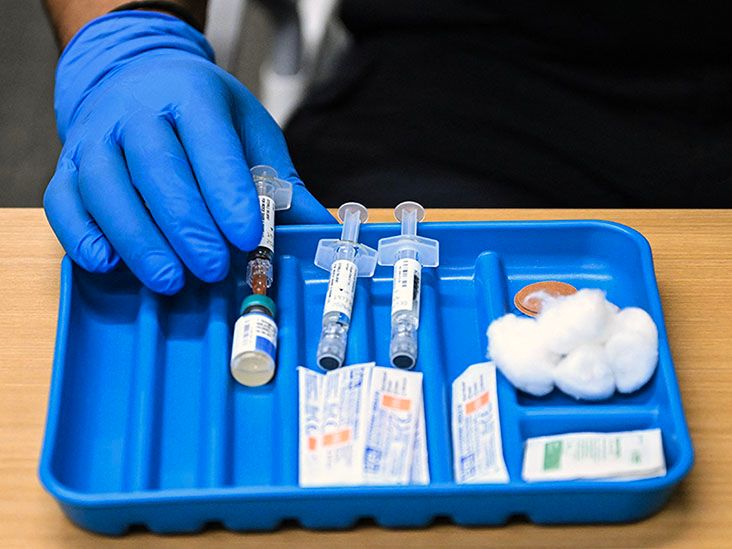Ulcerative colitis (UC) is an inflammatory condition affecting the colon and rectum. While certain teas, such as chamomile or ginger, could ease UC symptoms for some people, more research is necessary to confirm their effects.
Inflammatory bowel disease (IBD) is a chronic inflammatory disease of the gastrointestinal tract. There are two main types of IBD: Crohn’s disease, which affects any area of the gastrointestinal tract, and UC, which mostly affects the colon and rectum.
The exact cause of these conditions is unclear, but they may occur due to immune system disturbances, genetics, and environmental factors. Symptoms of UC can include abdominal pain, bleeding, and diarrhea.
Many prescription drugs are available to treat UC, such as aminosalicylates and corticosteroids. These medications can reduce symptoms of the disease but are unable to cure it.
Some compounds in tea can also reduce inflammation and may be helpful for people with the condition. Keep reading to learn more about how tea could help relieve the symptoms of UC.

There is no cure for UC, and current prescription therapies are not always effective. These drugs may also cause side effects in some people. With this in mind, some researchers are examining how natural products could help treat the condition.
Scientists have conducted
A
The studies below include some of the natural products that show promise in helping with gastrointestinal disorders. However, these studies do not use these products specifically in tea form.
Chamomile
An
A 2016 study on rats aimed to investigate the possible role of chamomile in producing an immune response. The researchers found that chamomile extract lowered markers of oxidative stress in rat colons.
Ginger
A
Additionally, the results of a
Curcumin
Curcumin is an anti-inflammatory compound in turmeric.
A small
Some
Green tea
Green tea contains plant-based compounds called polyphenols. A
A
Berry or pomegranate
Resveratrol is a compound in berries, pomegranates, and grapes. A
The above ingredients come from plants and are available as teas. Plants contain many chemical compounds that can improve gastrointestinal symptoms, including alkaloids, phenols, and polyphenols.
These compounds
In addition to their anti-inflammatory effects, a warm cup of tea provides hydration, replenishing fluids that people might lose from diarrhea. It may also soothe an upset stomach.
Diet is an environmental factor that influences the onset and progression of UC. Nutritionists recently proposed
There are some considerations when using natural products. For example, chamomile can cause allergic reactions in rare cases, according to an
Turmeric and curcumin can also increase bile production, so people with bile obstruction or gallstones should use them with caution. They may lower blood sugar, which may impact diabetes medication.
There are also side effects of green tea with long-term use — it can act as a diuretic, resulting in dehydration. Prolonged consumption can also interfere with bile acid synthesis.
Some herbal ingredients may have benefits in treating UC. However, most of the available research involved animals rather than humans. The small number of human studies have only included small samples and examined these ingredients in forms other than tea.
Larger, well-designed trials in humans are necessary to determine the effectiveness and safety of teas for treating UC. And while herbal products are generally safe in modest doses, always check with a doctor before using them to treat the condition.

